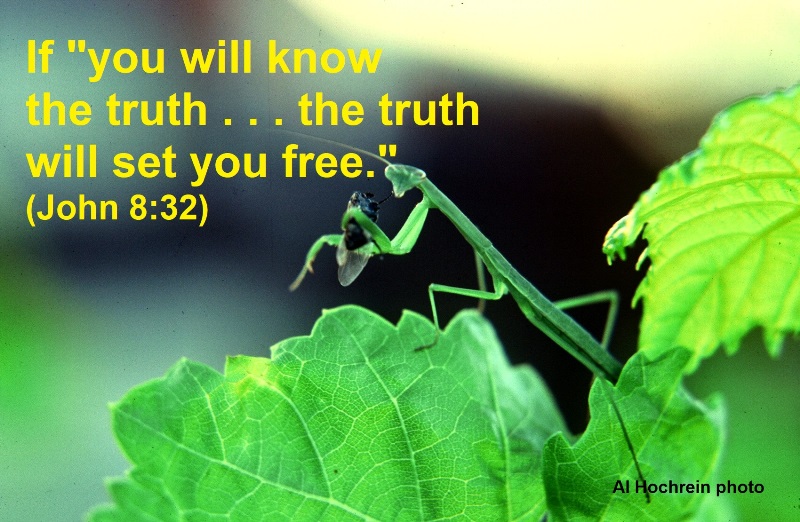
Part One of Five: What I learned after Decades of Apologetic Studies
One of the first things I was taught after beginning my apologetic studies some thirty-five years ago was that apologetics doesn’t prove anything in the sense of absolute certainty. For example, it can’t provide unequivocal proof that Jesus Christ is God or the Bible is true. This is because religious truth-claims are not self-evidently true, as in much of mathematics (five times five can only be twenty-five) or true by definition (all husbands are married). It’s assumed that religious truth falls out of the category of irrefutable certainty. Thus, most apologists agree that apologetics consists of giving evidence that demonstrates Christian truth-claims, but not proof positive.
After decades of apologetic studies, however, I believe apologetics can prove Christianity is true in a practical sense, that is, if we use the word “proof” in the same way we do in justifying most of our beliefs and in making decisions in everyday life. The New Oxford American Dictionary (2003) defines proof as, “Evidence or argument establishing or helping to establish a fact or truth of a statement.” This is exactly what evidential apologetics does—we “establish” truth through “evidence” and rational arguments. Therefore, with this definition in mind, it’s perfectly legitimate for Christians to claim we can prove Jesus is God; the Bible is God’s revealed Word, and Christianity is the only true religion.
When skeptics demand “proof” that the Bible is authentic or Jesus is God, they often switch from accepting the kinds of proof they accept in science, law, and history to demanding mathematic-like precision. As we’ll see in this blog series, however, mathematical proof is an entirely different category of proof and cannot be applied to religion any more than it can be applied to science, legal matters, and history. This does not mean proof is impossible, only that it is not axiomatic proof as in mathematics.
Part of our apologetic task is to help unbelievers understand this. We need to point out that the same truth-tests they accept as adequate proof in science, law, history, and everyday life also prove beyond reasonable doubt that Christianity is true and other religions are false. This is the task of my current blog series.
Next week’s blog will answer the question, Are there different Levels of proof relevant to some areas of knowledge, such as religion, but not to others, such as science or law?
For further study, see my book, Defending Your Faith; Reliable Answers for a New Generation of Seekers and Skeptic (Kregel publications, 2019).
* This blog series is adapted from an online article I wrote for the Christian Research Journal (same title), published May 13, 2020.